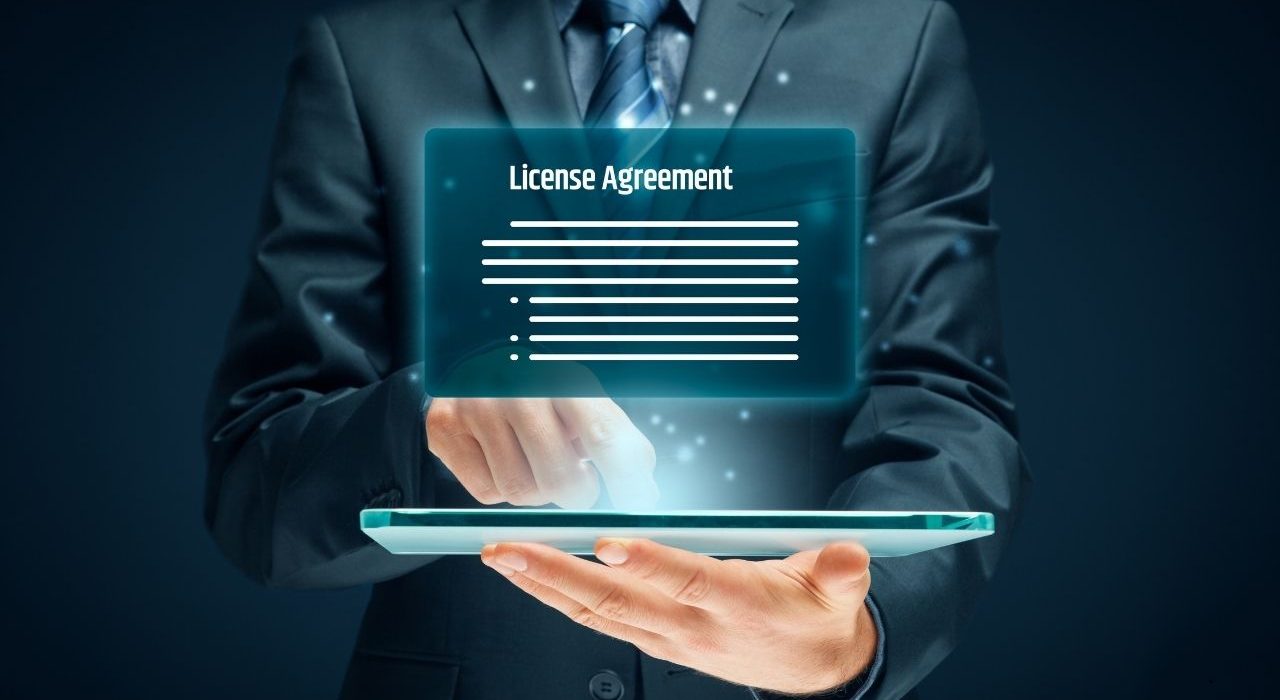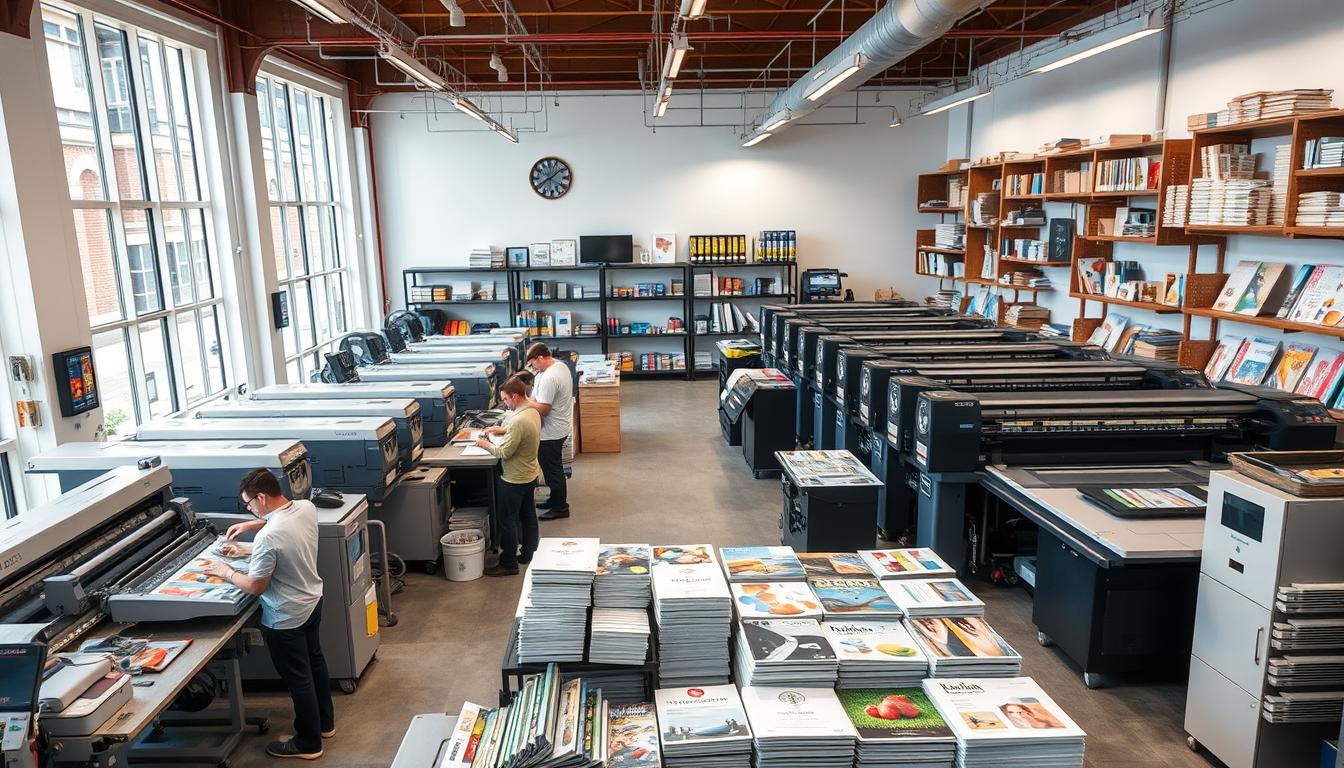So, you’re ready to start your own cleaning business. Whether you’re planning to scrub down homes, tidy up offices, or go big with commercial janitorial services, there’s a lot to be excited about. The cleaning industry is always in demand, relatively low-cost to enter, and can be scaled up fast with the right strategy.
But here’s the thing most people forget: before you vacuum your first carpet or wipe down your first countertop, you need to make sure your business is legal. That means getting the right licenses and permits in place—and trust me, skipping this step can cause serious headaches later.
This guide will walk you through exactly what licenses are needed to start a cleaning business, step by step. We’ll also look at secondary requirements like insurance, tax registration, and industry-specific rules that might apply in your state or city.
Table of Contents
1. Understand Your Cleaning Business Type First
Before you even think about licenses, take a minute to define your business type. Why? Because the kind of cleaning you offer determines which licenses, permits, and certifications you’ll need.
Residential Cleaning Services
These are home-based cleaning businesses—housekeeping, apartment turnover cleaning, or deep-clean services. They’re relatively simple to launch and typically require basic business registration and local licensing.
Commercial or Janitorial Services
If you’re cleaning offices, retail stores, or commercial buildings, the legal requirements increase. You may need extra insurance, more robust contracts, and even background checks depending on your clients.
Specialized or Green Cleaning
This includes medical facilities, eco-friendly cleaning using non-toxic chemicals, or biohazard cleanup. You’ll likely need additional certifications from OSHA, the EPA, or your local health department.
Tip: Clearly defining your cleaning business model helps you avoid overpaying for licenses you don’t need—or worse, skipping ones you do.
2. Register Your Business Properly
Every cleaning business, no matter how small, needs to register legally with the state. This is your first official step toward legitimacy.
Pick a Business Structure
Here are your main options:
- Sole Proprietorship – The simplest and fastest to set up. You’re the sole owner and are personally responsible for taxes and liabilities.
- LLC (Limited Liability Company) – Offers personal asset protection and is a popular choice for small cleaning businesses.
- Corporation – Ideal for large operations or franchises, but more expensive and complex to manage.
- Partnership – Good for businesses with more than one owner.
Each structure has tax and legal implications, so check your state’s small business resources or consult a local advisor if you’re unsure.
Get a DBA (Doing Business As)
If your cleaning business operates under a name that’s not your own, like “ShineBright Cleaning Co.,” you’ll likely need to file a DBA with your county or state.
3. Obtain a Local Business License
Almost every city or county in the U.S. requires a general business license. This license shows you’re legally allowed to operate in your locality.
- Where to apply: Your city or county government’s business licensing department
- Cost: Usually \$25–\$100 annually
- Renewal: Typically required every year
Failure to get a local business license could lead to fines or your business being shut down.
4. Apply for an Employer Identification Number (EIN)
Even if you’re starting solo, applying for an EIN is smart. It functions like a Social Security number—but for your business.
- Required if you plan to hire employees
- Needed to open a business bank account
- Often required to apply for business insurance
You can apply online for free at the IRS website.
5. Register for Sales Tax (If Required in Your State)
Here’s where it gets tricky: some states require cleaning businesses to charge sales tax, while others don’t.
- Taxable States: New York, Texas, Connecticut
- Non-taxable States: Oregon, Montana, Delaware
You’ll need to register with your state’s Department of Revenue for a sales tax ID or GST certificate (if applicable). This allows you to collect and remit sales tax properly.
6. Get Business Insurance (And Bonding)
While not always “required,” insurance is absolutely essential—and often legally expected by clients and landlords.
Recommended Policies
- General Liability Insurance – Covers accidents or property damage during cleaning
- Workers’ Compensation Insurance – Required in most states if you have employees
- Janitorial Bond – Protects clients in case of employee theft
Many commercial contracts won’t even consider you unless you’re bonded and insured. It’s a trust factor as much as a legal one.
7. Know Your Local Zoning Laws
If you’re operating your cleaning business from home (like taking calls, managing teams, or storing supplies), check with your city about zoning laws.
Some cities restrict home-based businesses, especially those with frequent deliveries or employee traffic. You may need a home occupation permit.
8. Follow OSHA Compliance (If You Have Employees)
If you’re hiring a team, OSHA rules apply to you. Even something as simple as using cleaning chemicals or ladders can trigger safety obligations.
OSHA Basics for Cleaning Companies
- Provide protective equipment (gloves, masks, etc.)
- Train employees on proper chemical use
- Display OSHA posters in your workplace
- Keep Safety Data Sheets (SDS) on-site
Ignoring OSHA rules can lead to serious fines, even for small businesses.
9. Comply with EPA Regulations (Especially for Green Cleaning)
If your business uses chemical cleaning agents, especially green or eco-friendly solutions, you must follow EPA guidelines.
- Don’t dispose of chemicals down public drains
- Use EPA-certified green products
- Label cleaning products clearly if they’re stored on-site
This is even more important if you’re branding yourself as a green or non-toxic cleaning company.
10. Health Department Certifications (If Applicable)
Cleaning businesses that work in medical or food-related environments (like kitchens or clinics) may need health certifications.
Check with your state or county health department if you plan to offer specialized sanitation services. Requirements vary widely depending on your region and industry niche.
11. Franchise or Specialty Licenses
If you’re buying into a cleaning franchise, you’ll likely be covered by their licensing system—but that doesn’t always mean you’re off the hook.
You still need to:
- Register your business name
- File local permits
- Comply with all state-level rules
Also, some states require franchise registration, especially for multi-unit operations.
Summary Table of Required Licenses
| License/Permit | Required For | Where to Get It | Estimated Cost |
|---|---|---|---|
| Business Registration | All cleaning businesses | State Secretary’s Office | \$50–\$150 |
| DBA (“Doing Business As”) | Non-personal business names | City/County Clerk | \$20–\$100 |
| Local Business License | All business operations | City or County Office | \$25–\$100 annually |
| EIN | Hiring or banking purposes | IRS.gov | Free |
| Sales Tax Registration | States that tax services | State Dept. of Revenue | Free to \$50 |
| General Liability Insurance | All businesses | Private insurers | \$300–\$600/year |
| Workers’ Compensation | With employees | State agency/insurer | Varies by state |
| Janitorial Bond | Employee theft protection | Private bonding agencies | \$100–\$200/year |
| OSHA & EPA Compliance | Commercial/green cleaning | Federal guidelines | Varies |
| Health Certifications | Medical/food environment cleaning | Local Health Department | Varies |
| Franchise License | Franchise buyers | State Franchise Office | \$100+ (varies) |
FAQs: What Licenses Are Needed to Start a Cleaning Business
Do I need a license to clean houses in the U.S.?
Yes, in most cities and counties, you need at least a general business license—even for home-based or solo house cleaning.
How much does it cost to get licensed?
Startup licensing costs typically range from \$100 to \$500, depending on your state and services.
Can I run a cleaning business from home?
Yes, but you may need a home occupation permit depending on your local zoning laws.
What is a janitorial bond?
It’s a type of insurance that protects your clients if one of your employees steals from them. Many commercial contracts require it.
Is green cleaning regulated?
Yes, if you’re advertising green or eco-friendly cleaning, you must comply with EPA regulations regarding chemical use and disposal.
Do I need workers’ comp if I hire part-time help?
Yes. Most states require workers’ comp for any employee, part-time or full-time.
Can I start without insurance?
Technically yes, but it’s not smart. Clients often require proof of insurance, and you’re exposed to legal and financial risk without it.
Do I need a license for both residential and commercial services?
The core licenses are the same, but commercial cleaning may require additional coverage like bonding and OSHA compliance.
Final Thoughts
Starting a cleaning business can be one of the smartest moves you make, but skipping the licensing process can cost you more than just money. By making sure you’re legally set up from the start, you gain trust, protect yourself, and open the door to real growth.
Now that you know what licenses are needed to start a cleaning business, you’re one big step ahead of the competition. So get registered, get insured, and start building your client list. The future is spotless.






